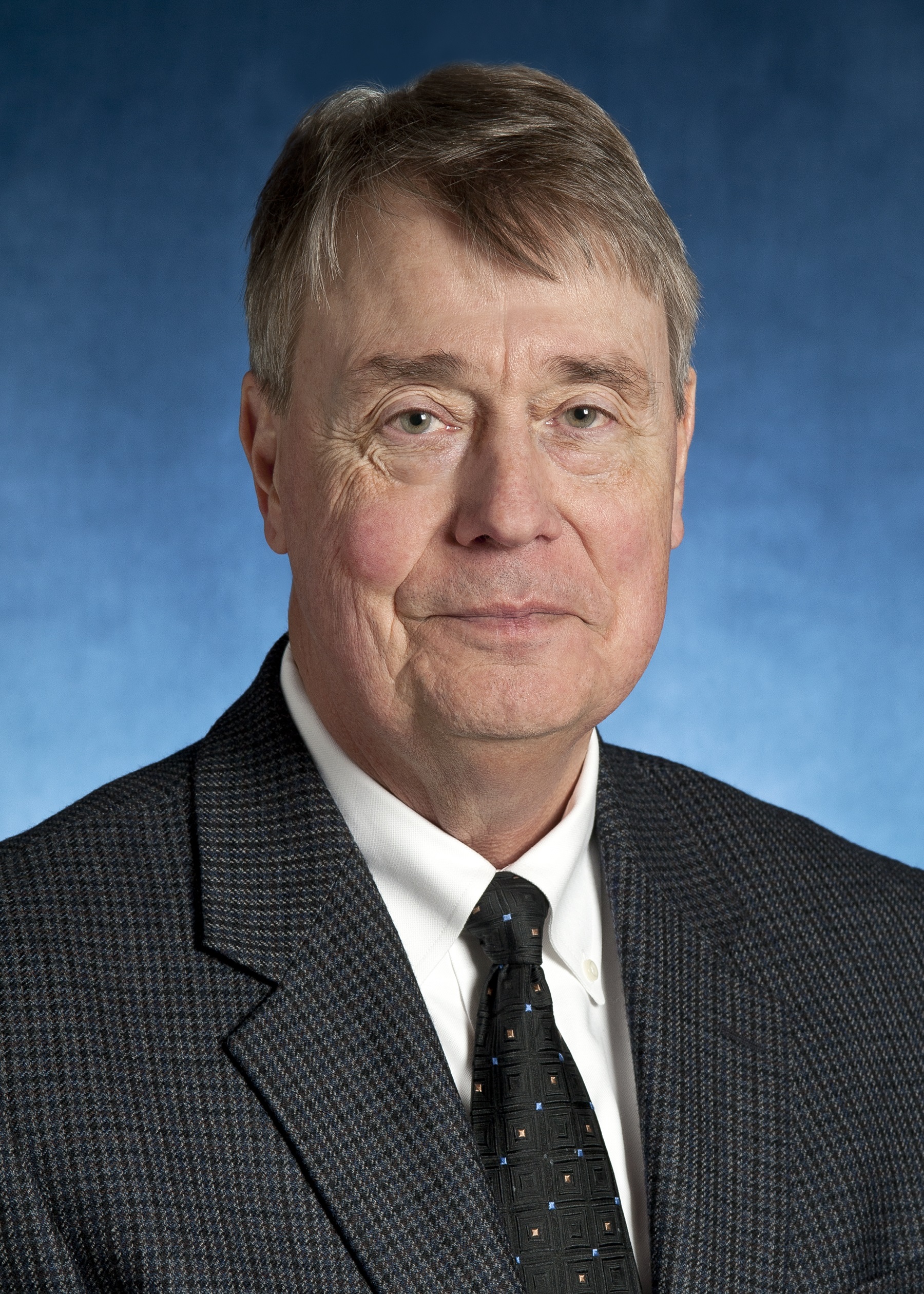Takeaway
An oncologist shares his clinical mission statement, with the ultimate goal of making sure that each patient feels deeply cared for.

Passion in the Medical Profession | June 4, 2018 | 2 min read
By Ross Donehower, MD, Johns Hopkins University School of Medicine
My philosophy is that I owe my best to each patient on every encounter.
Whether that be an initial consultation or a follow-up visit for a long term patient. This involves allowing the patient and family to contribute to, if not direct, the agenda and being prepared with full knowledge of their circumstances and relevant medical principles and guidelines to make decisions and recommendations regarding their care. Most importantly, it requires that the patient feel truly cared for and that the disease process and its management are explained in a way that is understandable to the patient. Cancer care can extract a high physical and emotional toll, and understanding what needs to be done is a component of what patients need to deal with intensive therapies and uncertain outcomes.
The approach is defined primarily by viewing encounters as being both information gathering but also, and maybe more importantly, educational. Consultations require a discussion of the disease process as well as the specific details of the patient’s case. This is often not done and patients are left with important voids in information about the most important issue in their life.
The approach also involves individualization of the care based on understanding the patient’s feelings and goals as well as other medical factors.
Patients need a plan designed for them, not a “one size fits all” approach. I have a good sense of how patients are digesting and understanding the information I am giving. I imagine myself as a keen observer of facial expressions, body language, comments and questions asked that give insight into what people are thinking. I try to use this to refine or extend my communication. Educating patients and communicating effectively are the most important skills a physician, especially an oncologist can have. This also requires that you be available to patients when the need arises and that they are confident that lines of communication are open and accessible.
To help patients feel cared for, I try to get to know them on a level beyond the disease they have.
I genuinely enjoy meeting people and all are fascinating in some way. We talk about the geography of where they are from, what they do, what football teams they follow, and what they enjoy in life. The time this might take is well worth it. All of the components allow me to know the patient as well as I can and aids me in making decisions with them along the way.
A quotation from Thoreau says this well, “You know about a person who deeply interests you more than you can be told. A look, a gesture, an act which to everyone else is insignificant tells you more about that one than words can.”

